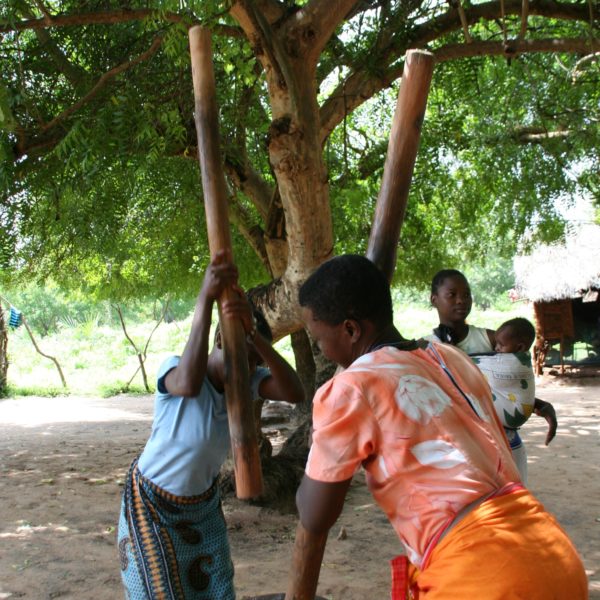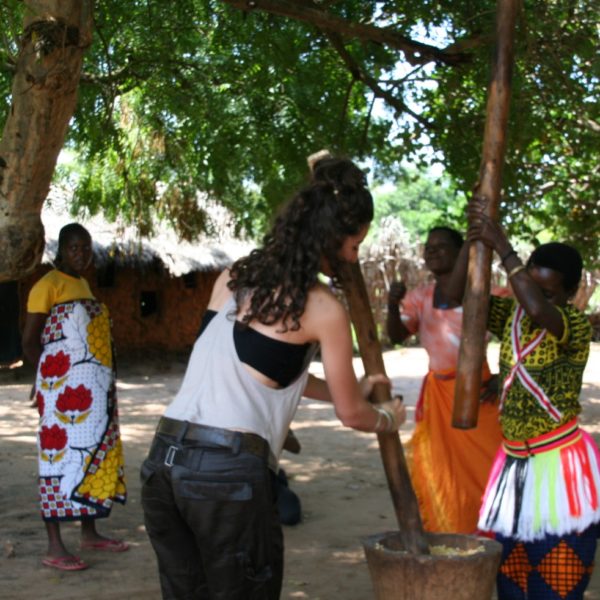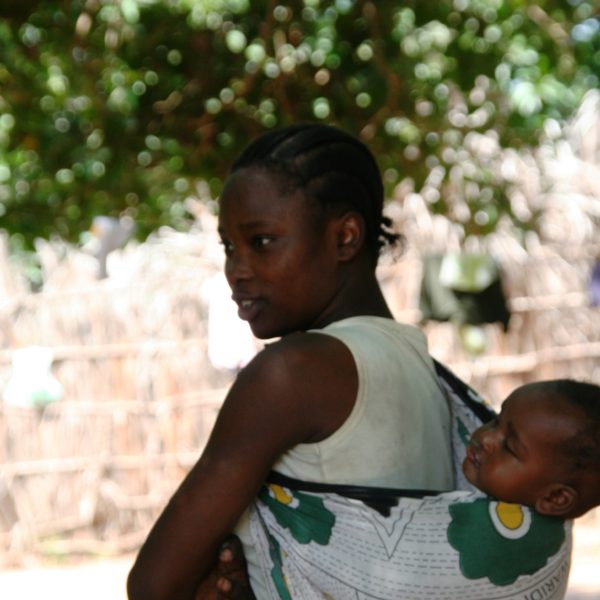THE RECIPE OF GSI ITALIA FOR TOGO: TRANSFORM TO DOUBLE AGRICULTURAL PRODUCTION
The report of the Togo Agricultural Development Support Project, published by the UN agency IFAD for Togo, reports a 45% loss of agricultural products in the passages between collection and consumption:
Harvest 5 – 8%
Stocking 15 – 20%
Storage 5 – 10%
Transport 10 – 12%
Theoretical total 35 – 50%
Losses in quantity but also in quality of agricultural products, due to the difficulty of small Togolese farmers to access the financial resources that would allow a rationalization of the collection and conservation processes.
In 2017 OCDI, a Togolese partner of GSI Italia for over 10 years, posed the problem to our Association, suggesting some tried and tested solutions, which became in 2018 a project, started and still ongoing with the funding of GSI Italia and the partnership of the Italian Episcopal Conference and the American Caritas.
The purchase of semi-modern equipment for Post-Collection Operations and the launch of consortium facilities for collecting, preserving and processing products are at the center of our intervention, limited to 20 villages in the country’s highlands, around Sokodé. The possibility of using collective storage and processing infrastructures is changing the lives of these small producers, mainly women, because here too, as in most of the African continent, development is connected to women. The improvement of knowledge of conservation and transformation techniques is giving shape to a model of “good practice” intended for adoption and transfer to other areas of the country.
The project deals exclusively with the reduction of grain and legume losses, from harvesting, storage, transport, infrastructure, packaging to marketing systems. The transport from the fields to the houses is carried out by the women directly on the head and the manual crushing of corn takes place in mortars, an operation that can also lead to loss of product.
GSI Italia project begins with the adoption of the Malabo Declaration on the agrarian growth and transformation desired by the African Heads of State, whose purpose is the reduction of post-harvest losses and the commitment to eradicate hunger in Africa by 2025. And this will only happen by halving the current levels of post-harvest losses.
The post-collection system is including a series of sequential activities and functions:
– Technical activities: collection, drying, threshing, cleaning, storage, processing
– Economic activities: transport, marketing, quality control, nutrition, dissemination, information and communication, administration and management.
The response produced by GSI Italia through OCDI, the local partner, is the promotion of local savings and credit associations which we have defined as Savings and Credit Village Associations. The project aims to help the poorest small farmers to form the Savings and Credit Village Associations, organizations that have already shown their effectiveness in Africa, Asia and Latin America as a means to fight poverty. The first Savings and Credit Village Associations of CARE International were established in Africa in 1991 and more than 40,000 of these associations (more than 1 million members) have already been created and adapted in Africa, Asia and Latin America. GSI Italia uses a tested model for this project, ensuring that the small producers in the twenty involved villages receive the financial resources, over 325.000 Euro, and the technical support for members in managing the associations for three years.




